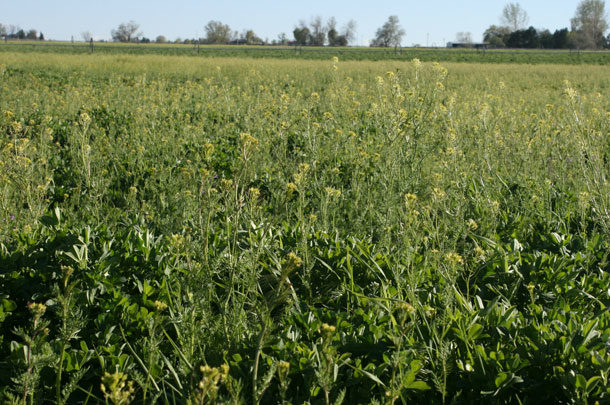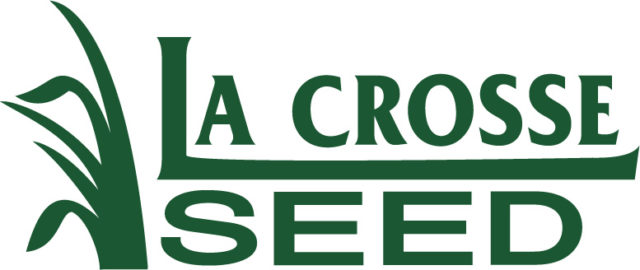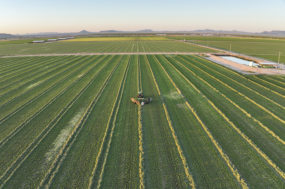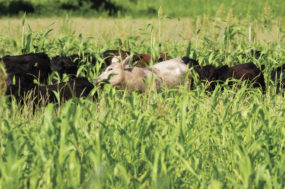In addition, poor weed control in seedling alfalfa can have long-term repercussions influencing the size of future weed infestations, through contributions to the soil seedbank, necessitating additional control measures.
The key for a successful weed-management program, in both organic and conventional alfalfa, is the establishment of a good and vigorous stand. Growers should consider planting in fall (September or October), to allow alfalfa to grow and get established before winter weeds start germinating. Early planting is particularly important in fields where problematic weeds such as perennial grasses, sedges and bindweed may be present. On the other hand, alfalfa planted in winter can be outcompeted by winter weeds, while spring planting will suffer summer weed competition.
However, unfortunately, even when following all precautions, and applying all best practices it is possible that in spring your seedling alfalfa could be infested with many winter weeds. What to do in these situations?
The use of glyphosate in Roundup Ready alfalfa has proven an effective means to control many difficult weeds without crop injury issues, although the spread of glyphosate resistant weeds, such as fleabane, may reduce the effectiveness of the technology for many growers. Weed management during stand establishment in conventional alfalfa poses an extra challenge because few herbicides are labeled, and many labeled products have the risk of crop phytotoxicity.
The most commonly used herbicides in seedling alfalfa are Raptor, Pursuit 2,4-DB and Buctril. These herbicides are used alone or in tank-mix combinations depending on the weed species present. The selective grass herbicides Select Max or Poast are often used if grassy weeds are present.
The risk of crop injury may be increased with some tank mixes when adding an oil adjuvant in high temperatures.
Weeds may also be too big for effective herbicide control (generally they have to be 1 to 3 inches or less) and the alfalfa seedlings are too small for these herbicides (they have to be at least at second trifoliate leaf). Buctril also needs to be applied when temperatures are below 80ºF. Shark is not an option because it is not labeled for seedling alfalfa and might kill the young alfalfa plants. It is also important to be extra careful to avoid spray drift of any herbicide used to susceptible crops (like tomatoes). In addition, even if the herbicide was effective in controlling big weeds, those weeds would be affecting hay quality, as big, dead weeds will be mowed and bailed in the hay.
If most weeds observed in the field were winter annuals, the best option would probably be to wait. In springtime, winter weeds are on the downward slope and phasing out with warmer temperatures and longer days: the perfect situation for alfalfa growth. Growers should wait a couple weeks to let the alfalfa reach a safe stage for herbicide use, then see what things look like. It could be that after the field is cut, baled and irrigated that a weed control application will not be needed.
What are the options for organic growers? A good strategy to suppress weeds without using herbicide is to interplant oats with alfalfa during stand establishment. Even though quality will be affected in the first two cuts, by the third cut pure alfalfa should be harvested and losses in quality should be offset by higher yields.
If weeds became established, winter sheep grazing (or “sheeping off”) is a strategy which has been proved beneficial for both sheep and alfalfa producers. In particular, sheep not only feed on winter weeds but they also clean up that “die back” in winter, thus producing a cleaner hay the following spring. ![]()
Mariano Galla is an agronomy and weed science adviser with University of California Extension in Orland, California. Email Mariano Galla.
—Excerpts from proceedings at the 2018 California Alfalfa and Forage Symposium
PHOTO: Fall alfalfa seeding can be hampered by winter weeds before next spring's harvest, but several management strategies can help. Photo by Lynn Jaynes.











